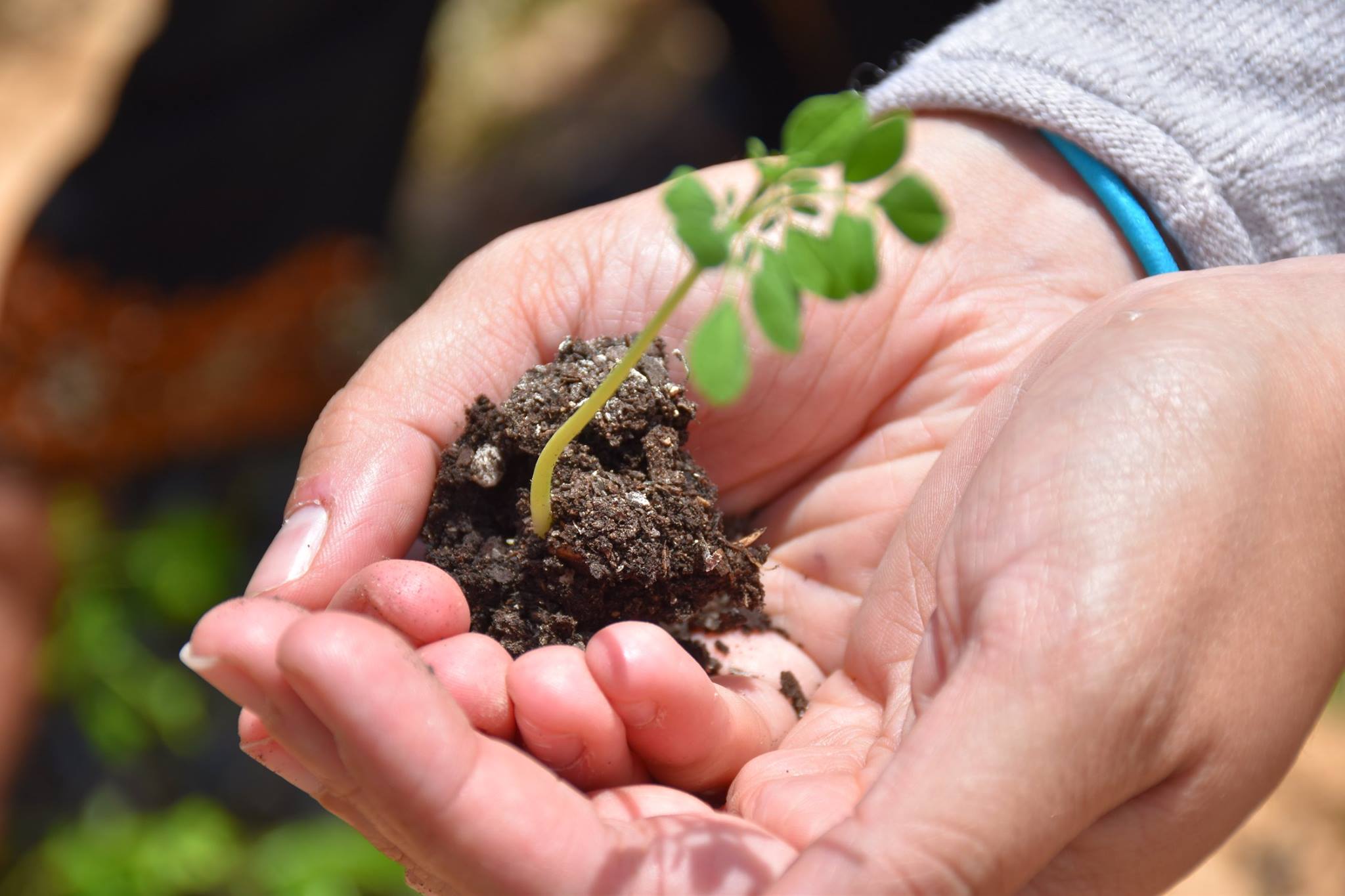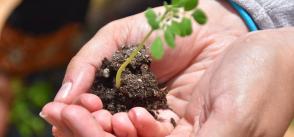
Green hope
Can planting trees bring social change to marginalized regions in Tunisia?
Tunisia is, after Jordan, the second country in the Mediterranean area to be most affected by drought and dryness. Not only is it the smallest country in the Maghreb, it is also the one with the least reliable water resources. Aware of this problem and with the intention of bringing about social change, Acacias for All, a social and ecological enterprise founded in 2012 by Sarah Toumi, works against desertification and lack of water with a simple, yet significant, measure: planting trees.
It’s not easy to find drinkable water
The Saharan desert occupies 40% of the surface area of the territory. 75% of the country’s surface is either in the process of desertification, or has already turned into desert. The lack of renewable water resources is an especially sensitive subject. In Morocco, which is in a similar situation of desertification, there are more water resources, especially renewable ones. In Tunisia, however, the water resources are scarce and not renewable. That results in the salinization of water and soil.
In Sfax, for example, a coastal and industrial city about an hour from Tunis away, the tap water contains five grams of salt per liter, which is rather high considering that salt water usually contains about 16 grams of salt, while drinkable water should have less than 2 grams. This means that the water has to be filtered before it can be used for cooking or agriculture. Systems of filtering, however, are anything but cheap and, therefore, inaccessible for the average household, or farmer.
The consumption of water is the highest in the agricultural sector and second in tourism. The agricultural practices figure among the four main causes of desertification in Tunisia, accompanied by overgrazing, deforestation and soil salinization.
Finding a solution for water supply and filtration for the small farmers is one of the goals of Sarah Toumi, a well-known social and ecological entrepreneur in Tunisia, who I met in historical port district La Goulette in Tunis to talk about desertification in Tunisia and social implications for the marginalized areas.
Read the full article by Magdalena Mach via Words In The Bucket.
[Photo by Acacias for all | Facebook]







